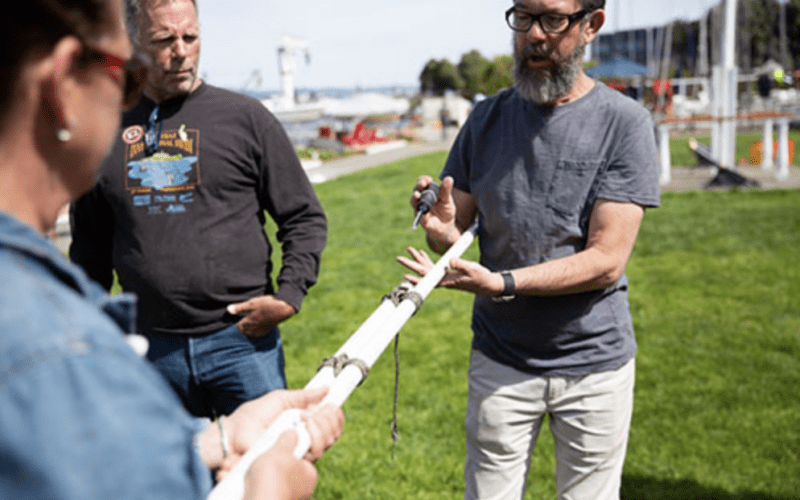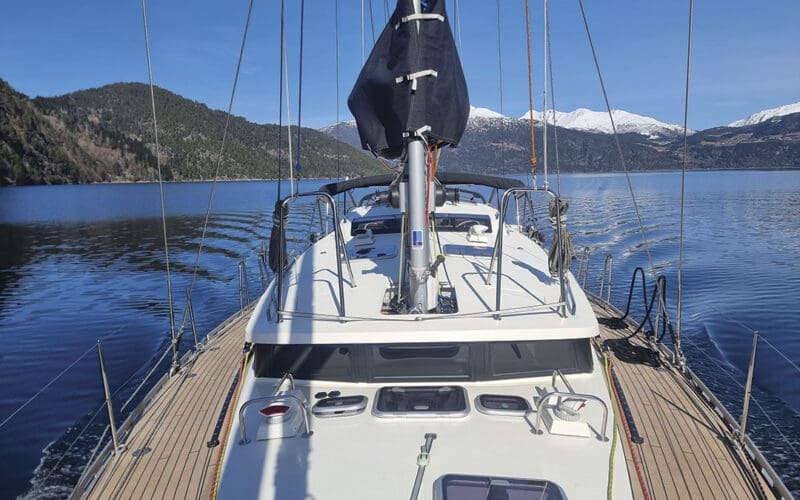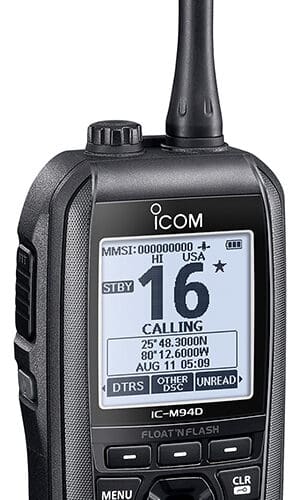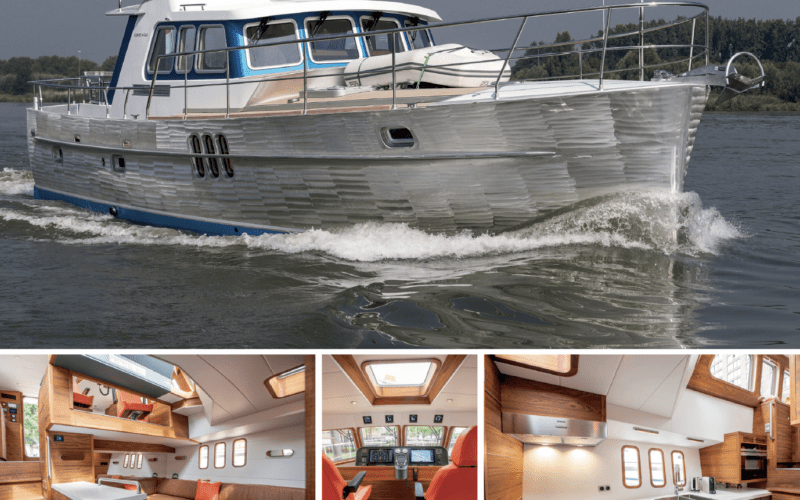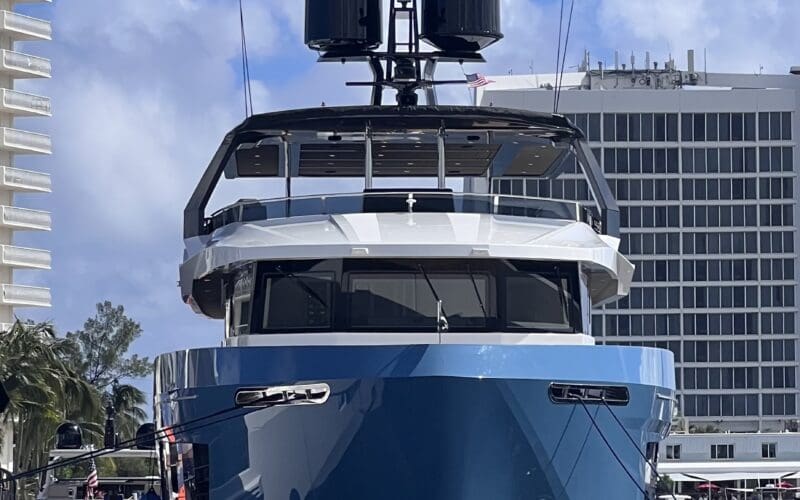28
Dec
January 13, 2024 at Kaneohe Yacht Club, Kaneohe, Oahu Signups are open here This course is to prepare you for survival offshore in demanding situations and emergencies. As with any training, what you get is proportional to what you put into it. What you learn in this course may save your life and the lives of others in an emergency. We encourage you to give the course the effort and time it deserves. Training Ad Hoc repairs are a reality offshore The course is taught by experienced lifelong sailors. While the course is designed for sailors of all types and…

